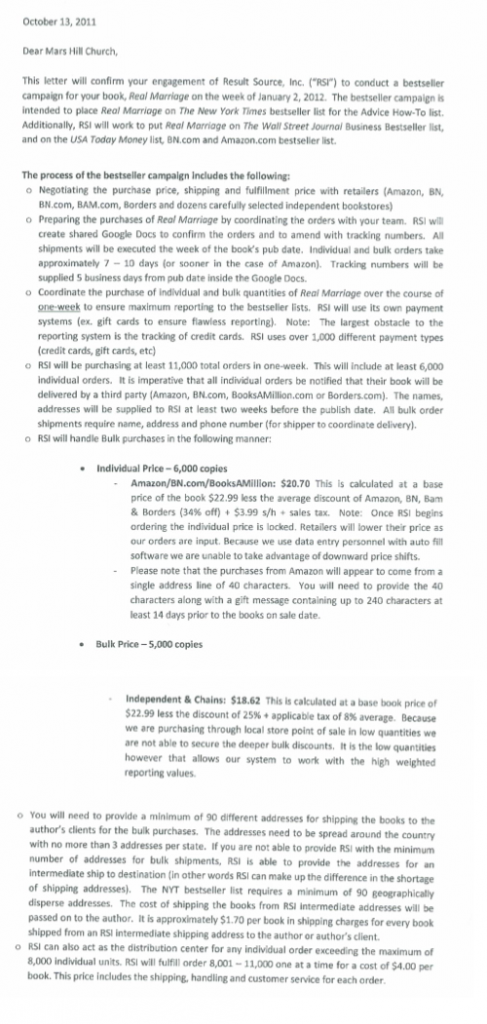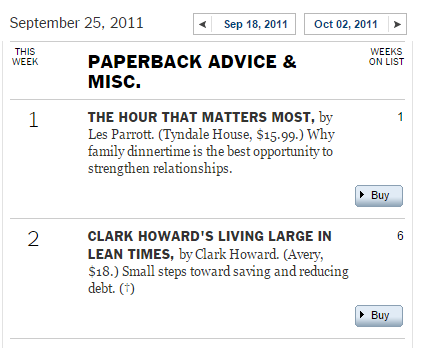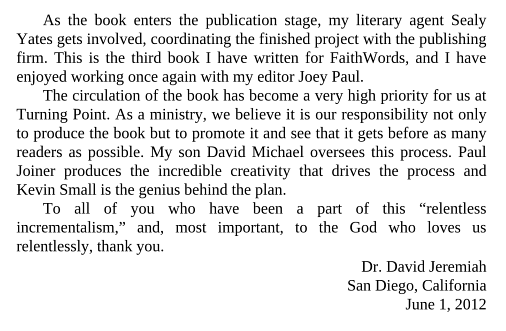Two psychologists are at the heart of the Senate report on enhanced interrogation techniques used on detainees after the 9/11/01 attack on the World Trade Center. The report can be read here.
James Mitchell and John “Bruce” Jessen have been identified by the Wall Street Journal and other media sources as the psychologists responsible for developing the interrogation techniques and managing the program. Mitchell and Jessen were not named in the report but Mitchell has been active in defense of their work for the CIA.
In the report, it was implied that either Mitchell or Jessen or both engaged in interrogation techniques. If so, this would clearly violate the American Psychological Association’s policy which states:
The American Psychological Association’s (APA) position on torture is clear and unequivocal:
Any direct or indirect participation in any act of torture or other forms of cruel, degrading or inhuman treatment or punishment by psychologists is strictly prohibited. There are no exceptions.
Clear violations of APA’s no torture/no abuse policy include acts such as:
- Waterboarding.
- Sexual humiliation.
- Stress positions.
- Exploitation of phobias.
Mitchell went on camera several months ago to defend himself and he did so again this morning. The first video was posted in April 2014:
[youtube]http://youtu.be/KF9ZBsThwvs[/youtube]
This report claims to have insight into the development of the interrogation techniques from the notes of Bruce Jessen.
[youtube]http://youtu.be/ReP1MLeVD78[/youtube]
This interview was posted yesterday:
[youtube]http://youtu.be/MmNUi0itl-8[/youtube]
This phone interview was posted this morning:
Some of the relevant sections of the report are reproduced here:
The CIA lacked a plan for the eventual disposition of its detainees. After taking custody of Abu Zubaydah, CIA officers concluded that he “should remain incommunicado for the remainder of his life,” which “may preclude [Abu Zubaydah] from being turned over to another country.
The CIA did not review its past experience with coercive interrogations, or its previous statement to Congress that “inhumane physical or psychological techniques are counterproductive because they do not produce intelligence and will probably result in false answers.”-^ The CIA also did not contact other elements of the U.S. Government with interrogation expertise.
In July 2002, on the basis of consultations with contract psychologists, and with very limited internal deliberation, the CIA requested approval from the Department of Justice to use a set of coercive interrogation techniques. The techniques were adapted from the training of U.S. military personnel at the U.S. Air Force Survival, Evasion, Resistance and Escape (SERE) school, which was designed to prepare U.S. military personnel for the conditions and treatment to which they might be subjected if taken prisoner by countries that do not adhere to the Geneva Conventions.
As it began detention and interrogation operations, the CIA deployed personnel who lacked relevant training and experience. The CIA began interrogationtraining more than seven months after taking custody of Abu Zubaydah, and more than three months after the CIA began using its “enhanced interrogation techniques.” CIA Director George Tenet issued formal guidelines for interrogations and conditions of confinement at detention sites in January 2003, by which time 40 of the 119 known detainees had been detained by the CIA. (pp 9-10)
The psychologists turned the interrogation techniques into a cash cow:
#13: Two contract psychologists devised the CIA’s enhanced interrogation techniques and played a central role in the operation, assessments, and management of the CIA’s Detention and Interrogation Program. By 2005, the CIA had overwhelmingly outsourced operations related to the program.
The CIA contracted with two psychologists to develop, operate, and assess its interrogation operations. The psychologists’ prior experience was at the U.S. Air Force Survival, Evasion, Resistance and Escape (SERE) school. Neither psychologist had any experience as an interrogator, nor did either have specialized knowledge of al-Qa’ida, a background in counterterrorism, or any relevant cultural or linguistic expertise.
On the CIA’s behalf, the contract psychologists developed theories of interrogation based on “learned helplessness,”and developed the list of enhanced interrogation techniques that was approved for use against Abu Zubaydah and subsequent CIA detainees. The psychologists personally conducted interrogations of some of the CIA’s most significant detainees using these techniques. They also evaluated whether detainees’ psychological state allowed for the continued use of the CIA’s enhanced interrogation techniques, including some detainees whom they were themselves interrogating or had interrogated. The psychologists carried out inherently governmental functions, such as acting as liaison between the CIA and foreign intelligence services, assessing the effectiveness of the interrogation program, and participating in the interrogation of detainees in held in foreign government custody.
In 2005, the psychologists formed a company specifically for the purpose of conducting their work with the CIA. Shortly thereafter, the CIA outsourced virtually all aspects of the program. In 2006, the value of the CIA’s base contract with the company formed by the psychologists with all options exercised was in excess of $180 million; the contractors received $81 million prior to the contract’s termination in 2009. In 2007, the CIA provided a multi-year indemnification agreement to protect the company and its employees from legal liability arising out of the program. The CIA has since paid out more than $1 million pursuant to the agreement. (pp 11-12)
Mitchell and Jessen were allowed to evaluate their own program, just one illustration of the many breakdowns in accountability.
The only research documented in CIA records during this time on the issue of interrogation was the preparation of a report on an al-Qa’ida manual that was initially assessed by the CIA to include strategies to resist interrogation. This report was commissioned by the CIA’s Office of Technical Services (OTS) and drafted by two CIA
contractors, Dr. Grayson SWIGERT and Dr. Hammond DUNBAR. [pseudonyms] Both SWIGERT and DUNBAR had been psychologists with the U.S. Air Force Survival, Evasion, Resistance and Escape (SERE) school, which exposes select U.S. military personnel to, among other things, coercive interrogation techniques that they might be subjected to if taken prisoner by countries that did not adhere to Geneva protections. Neither psychologist had experience as an interrogator, nor did eitherhave specialized knowledge of alQa’ida, a background in terrorism, or any relevant regional, cultural, or linguistic expertise. SWIGERT had reviewed research on “learned helplessness,” in which individuals might become passive and depressed in response to adverse or uncontrollable events. He theorized that inducing such a state could encourage a detainee to cooperate and provide information. (pp. 20-21)
Mitchell and Jessen advised that waterboarding was a “convincing technique:”
As former psychologists for the United States Air Force, SWIGERT and DUNBAR had no direct experience with the waterboard, as it was not used in Air Force SERE training. Nonetheless, they indicated that the waterboard—which they described as an “absolutely convincing technique”—was necessary to overwhelm Abu Zubaydah’s ability to resist. They also responded that they were aware that the Navy—which used the waterboard technique in training—had not reported any significant long-term consequences on individuals from its use. Unlike the CIA’s subsequent use of the waterboard, however, the Navy’s use of the technique was a single training exercise and did not extend to multiple sessions. SWIGERT and DUNBAR wrote:
“any physical pressure applied to extremes can cause severe mental pain or suffering. Hooding, the use of loud music, sleep deprivation, controlling darkness and light, slapping, walling, or the use of stress positions taken to extreme can have the same outcome. The safety of any technique lies primarily in how it is applied and monitored.” (p. 36)
Other unnamed psychologists took a different view and objected to the program:
#18: The CIA marginalized and ignored numerous internal critiques, criticisms, and objections concerning the operation and management of the CIA’s Detention and Interrogation Program.
Critiques, criticisms, and objections were expressed by numerous CIA officers, including senior personnel overseeing and managing the program, as well as analysts, interrogators, and medical officers involved in or supporting CIA detention and interrogation operations. Examples of these concerns include CIA officers questioning the effectiveness of the CIA’s enhanced interrogation techniques, interrogators disagreeing with the use of such techniques against detainees whom they determined were not withholding information,psychologists recommending less isolated conditions, and Office of Medical Services personnel questioning both the effectiveness and safety of the techniques. These concerns were regularly overridden by CIA management, and the CIA made few corrective changes to its policies governing the program. At times, CIA officers were instructed by supervisors not to put their concerns or observations in written communications. (pp 14-15)
Throughout the report, government staff psychologists objected to the techniques of Mitchell and Jessen. They were called narcissistic and arrogant and it appeared to the staff psychologists that Mitchell and Jessen were often used inappropriately. The report reads like something out of the Jason Bourne movie series.
Observers raised ethical concerns about the dual roles held by Mitchell and Jessen as both interrogators and psychologists:
“Another area of concern is the use of the psychologist as an interrogator. The role of the ops psychologist is to be a detached observer and serve as a check on the interrogator to prevent the interrogator from any unintentional excess of pressure which might cause permanent psychological harm to the subject. The medical officer is on hand to provide the same protection from physical actions that might harm the subject. Therefore, the medical officer and the psychologist should not serve as an interrogator, which is a conflict of responsibility. We note that [the proposed plan] contains a psychological interrogation assessment by psychologist [DUNBAR] which is to be carried out by interrogator [DUNBAR]. We have a problem with him conducting both roles simultaneously.” (p. 72)




